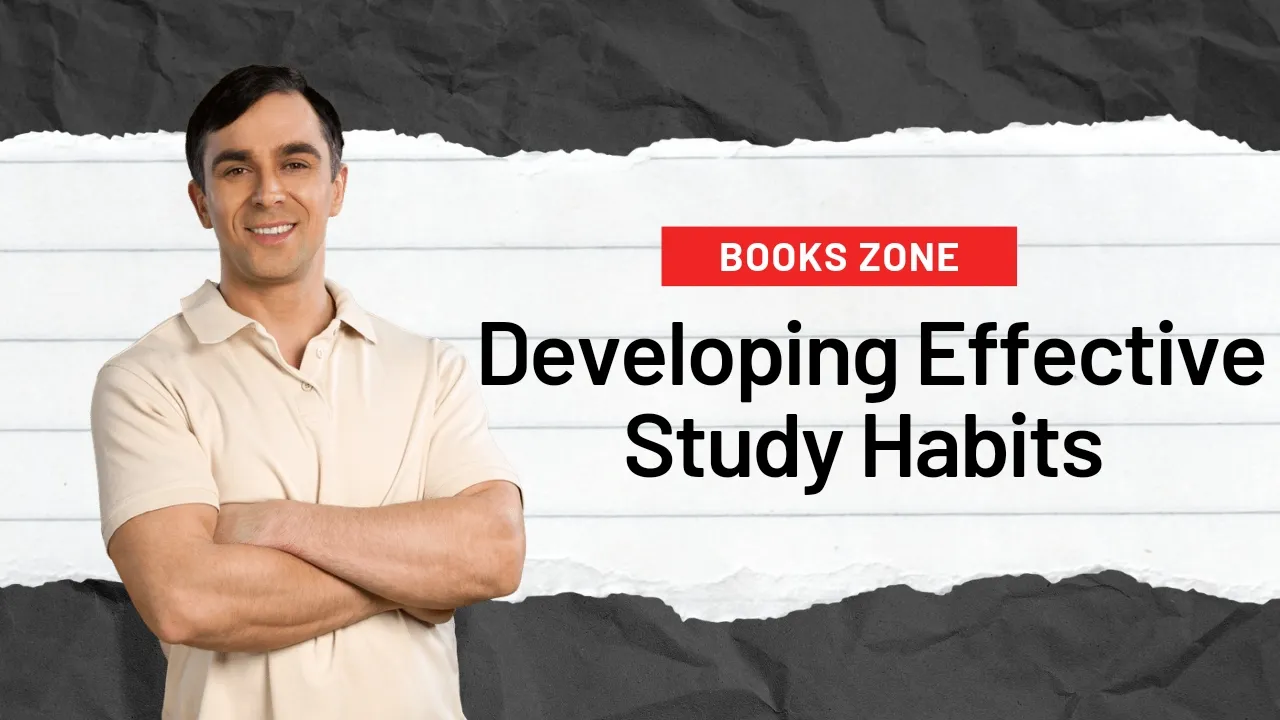Making the Choice: B.Com vs BBA vs MBA
Selecting between popular business degrees like B.Com, BBA and MBA can be daunting for students. Each program has its own merits and suits different interests.
In this comprehensive guide, you will understand the core aspects of these three degrees which will help you make an informed decision.
Understanding Fundamental Differences
While B.Com, BBA and MBA are all commerce and management programs on paper, at their core they differ in:
Level of Study
B.Com and BBA are undergraduate degrees usually pursued after 12th grade. MBA is a postgraduate master’s qualification undertaken after graduation and some work experience.
Duration
B.Com and BBA degrees typically involve 3 years of full-time study. MBA programs are usually 2 years long as students already have prior work experience.
Scope of Learning
B.Com focuses deeply on accounting, finance and economics. BBA offers broader management education. MBA provides specialized advanced-level business training.
Examining B.Com Degree in Detail
B.Com or Bachelor of Commerce is a popular choice after 12th among commerce students who have taken math.
Eligibility
10+2 or equivalent with a minimum of 45-60% aggregate marks. Math is compulsory in 12th. Some colleges accept students from arts/humanities backgrounds too.
Syllabus & Coursework
Core subjects studied are accounting, auditing, taxation, corporate law, finance, business statistics and economics. Electives enable specializing in banking, financial markets etc.
Skills Developed
B.Com builds quantitative, analytical, financial modelling and accounting skills useful in finance roles, auditing and corporate banking.
Career Prospects
B.Com graduates can work as tax consultants, accounts executives, auditors, business analysts, actuaries, finance managers etc. Top students can pursue CA/CFA/CPA qualifications.
Colleges
Reputed B.Com colleges are SRCC Delhi, St. Xavier’s Mumbai/Kolkata, Christ University Bangalore, Loyola Chennai, Shri Ram College of Commerce, Delhi University, and NMIMS Mumbai among others.
Salary Range
Starting salaries for B.Com graduates at leading companies range between ₹2.5-7 lakh p.a. CA qualified candidates earn ₹6-15 lakh p.a. at entry level.
Evaluating BBA Degree Thoroughly
BBA or Bachelor of Business Administration provides broad-based business education.
Eligibility
10+2 in any stream. Students from science, commerce and humanities backgrounds opt for BBA after 12th. No compulsory math.
Syllabus & Coursework
Crucial BBA subjects are management principles, marketing, organizational behaviour, finance, operations research, business law, HR, economics, IT and communications.
Skills Developed
BBA strengthens managerial capabilities, leadership skills, strategic thinking, analytical abilities, teamwork and entrepreneurial potential in students.
Career Prospects
BBA graduates are suited for marketing, sales, HR, banking, consultancy and administrative roles. Higher studies can lead to leadership positions.
Colleges
Leading BBA colleges are Christ University, Bangalore University, NMIMS, Symbiosis, SRCC, St Xavier’s Kolkata/Mumbai, Shiv Nadar University, and Madras Christian College among others.
Salary Range
Starting BBA salaries in the corporate sector range ₹2.5-6 lakh p.a. Top B-school grads earn ₹8-12 lakhs. Entrepreneurs have high earning potential.
Mastering MBA After Gaining Work Experience
MBA or Masters of Business Administration is pursued after graduation when students have relevant work experience.
Eligibility
Bachelor’s degree in any discipline with 50-60% marks. Work ex of 2-5 years in managerial roles. Good entrance test scores in CAT/XAT/GMAT/CMAT.
Syllabus & Coursework
Core MBA subjects are marketing, strategy, operations, supply chain, HR, finance and accounting, organizational behaviour, economics, business analytics and IT.
Skills Developed
MBA strengthens business strategy, advanced marketing expertise, leadership capacity, decision-making abilities and financial analysis competencies.
Career Prospects
MBA graduates are suited for senior roles like VP, CEO, CFO, business heads, marketing directors, management consultants etc.
Colleges
Leading MBA institutes are IIM Ahmedabad, IIM Bangalore, IIM Calcutta, XLRI Jamshedi, MDI Gurgaon, SPJIMR Mumbai, and NITIE Mumbai among others.
Salary Range
MBA graduates from premier B-schools earn ₹20-25 lakh initial salary plus a sign-on bonus of up to ₹1-2 crore in consulting/finance roles at top firms.
Key Differences To Consider
| Parameter | B.Com | BBA | MBA |
| Level | Undergraduate | Undergraduate | Postgraduate |
| Duration | 3 years | 3 years | 2 years |
| Eligibility | 10+2, strong in math | 10+2 in any stream | Bachelor’s degree + work experience |
| Focus | Finance, accounting, tax | General management | Advanced management education |
| Skills | Quantitative, analytical, financial | Leadership, strategizing, entrepreneurial | Advanced marketing, financial, strategic capabilities |
| Roles | Accounting, audit, banking, finance | Marketing, sales, operations, HR | Senior management leadership |
| Salary Range | ₹2.5-7 lakh initial | ₹2.5-12 lakh starting | ₹20-25 lakh initial salary |
Which Degree Should You Opt For?
Choosing between B.Com, BBA and MBA depends on your innate strengths, interests and career aspirations.
B.Com If You:
- Enjoy quantitative analysis and number crunching
- Have strong math skills
- Are detail-oriented with an analytical bent of mind
- Wish to pursue specialized finance roles like accounting, banking, audit
B.Com builds solid technical expertise in finance, taxation, accounting and economics. It suits methodical students who thrive with numbers.
BBA If You:
- Prefer diversified learning rather than specializing in early
- Have strong interpersonal, communication and leadership skills
- Are a collaborative team player
- Dream of general management and leadership positions
BBA provides multi-disciplinary business education. It’s ideal for well-rounded students who wish to gain broad-based business capabilities.
MBA If You:
- Have substantial work experience to leverage in learning
- Wish to transition into strategic senior management roles
- Have ambitions to rise up the corporate ladder swiftly
- Desire high-level decision-making capabilities
MBA accelerates career growth by developing advanced business strategy, leadership and functional expertise. It suits experienced professionals with clear senior management aspirations.
Conclusion
B.Com, BBA and MBA are prestigious degrees that open doors to myriad business profession paths. Evaluate your academic interests, career goals, strengths and work preferences before deciding.
There is no one-size-fits-all answer – personalized choice based on individual profile and passions is key. With diligent effort and passion, each of these degrees can become a springboard for an engaging, meaningful and prosperous career over the long run.
FAQs related to B.Com, BBA and MBA
Q: Which has a better job scope – B.Com or BBA?
A: B.Com scores for specialized finance roles while BBA’s generalist nature suits diverse functions like marketing, operations, HR etc. Choose per interest.
Q: Is it possible to do an MBA without work experience?
A: Very few colleges allow this. Work experience allows you to apply MBA concepts. Most prefer 2-5 years of experience before an MBA.
Q: Which degree is tougher – B.Com or BBA?
A: B.Com involves more math, statistics and accounting. BBA has more diverse subjects. For non-math students, BBA may be easier to grasp.
Q: Can I do an MBA after B.Com?
A: Yes, it is possible to pursue an MBA after B.Com once you have the requisite work experience. B.Com financial skills prove useful in MBA finance courses.














Leave a Comment